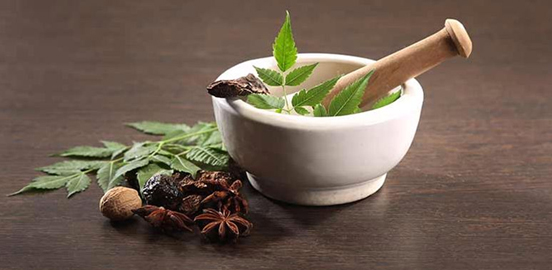Unani: An overview
Unani Medicine refers to an ancient Greek system of medicine which originated almost 2500 years back in Greece not only as the original science of medicine but also a rich store house of principals and philosophies of medicine.
It is based on the qualities of four temperaments and four humors and on the teachings of Greek physician Hippocrates and Roman physician Galen and developed into an Elaborate and Holistic medical system by Arabian and Persian physicians. Also known as Graeco-Arabian medicine.
It is a comprehensive medical system, which meticulously deals with the various states of health and disease. It provides promotive, preventive, curative and rehabilitative healthcare. The fundamentals, diagnosis and treatment modalities of the system are based on scientific principles and holistic concepts of health and healing. Unani considers every individual with unique traits; thus Temperament (Mizaj) of a patient is given great importance in diagnosis and treatment of diseases.
The Unani System of Medicine includes the use of elatives, exhilarants, aphrodisiacs, organ-specific tonics and immune-modulatory drugs, temperament-specific drugs, correctives for adverse effects, concoctive and purgatives, etc. Besides Cosmo-ceutics, Nutra-ceutics, Aromatics and corresponding therapies are also integral important parts of treatment in Unani Pathy. In a nutshell, Unany Pathy takes care of human body in a holistic manner.
TYPES OF TREATMENT
Unani System of Medicine has various modes for treating an ailment, depending upon the nature of the ailment and its causes, such as Ilaj-bil-Tadbeer (Regimenal therapy), Ilaj-bil-Ghiza (Dietotherapy), Ilaj-bil-Dawa (Pharmacotherapy) and Ilaj-bil-Yad (Surgery).
The regimental therapy includes:
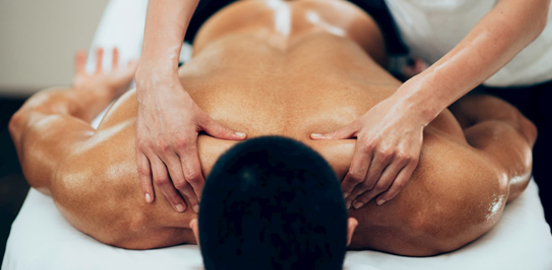
Dalk (Massage) — Soft massage promotes sleep and has a relaxant effect. Dry and hard massage is de-obstruent and increases the blood supply while the massage with oil relaxes the muscles and softens the skin.
Takmeed (Fomentation) — It is a process, which keeps the body or part of the body warm. It is a therapeutic application of warmth and moisture, basically to relieve the pain and stiffness. It can be done after massage therapy

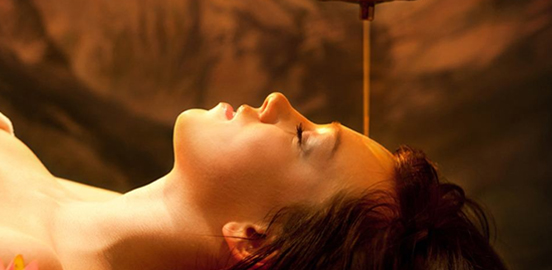
Nutool (Irrigation Therapy)— It is an ancient healing technique that is used to cure eye and neurological issues, memory loss, certain skin problems, gray hair, sleeping problems, and some types of allergies. Liquids, such as warm oil, milk, buttermilk, or even just water, depending on the issue needing treatment, are poured over the patient’s forehead.
Hammam (Turkish Bath) — this is required for resolving the waste matters and induces sweating. It provides warmth to the body. It increases appetite and improves fat metabolism.

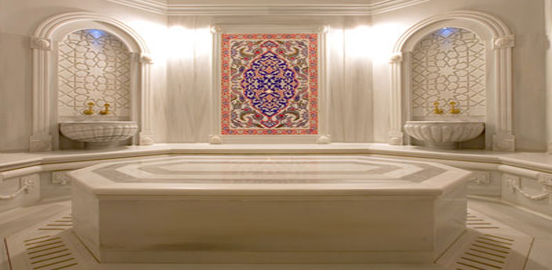
Bathing: Bathing with room temperature water is preferable for healthy individuals. A hot bath wherein herbs are added after a massage is generally indicated in patients with paralysis and muscular wasting.
Hijamah (Cupping) — It relieves local congestion. It is also useful in musculoskeletal disorders. It removes toxic materials from skin. Hijamah therapy is effective in various female and male sexual disorders.
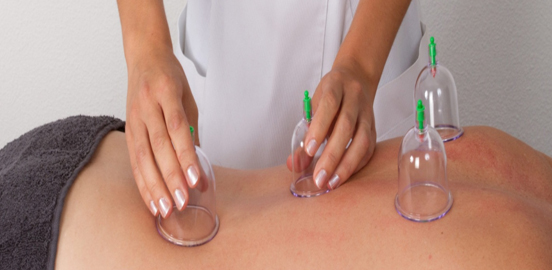

Fasd (Venesection) — It is a type of bloodletting. According to Ibn-e-Sina, it is a complete way of evacuation in case of congestion of humours. The process of evacuation is completed once the optimum level of humors in the body is achieved.
Ta’leeq (Leeching) — Leech application is a unique method for the removal of morbid matter from the blood. It is useful for skin diseases, baldness and ringworm infection.
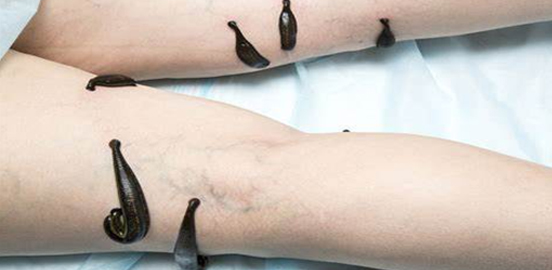

Kai (Cauterization) — It prevents the metastatic spread of malignancy from one organ to other distant organs. In the pain of the hip joint cauterization is found very useful. It is also used to check the catarrhal matters from accumulation.
Tariq (Sweating) — This is the natural means of excretion of waste matter from the skin in particular and from blood and the general body in particular. It also reduces excessive heat in the body.

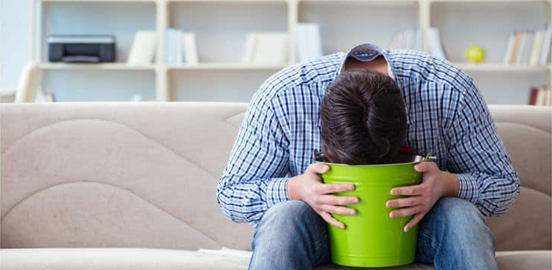
Qai (Vomiting) — Emetics are used to cure headaches, migraine, tonsillitis, bronchopneumonia, and also bronchial asthma. This regime also cures mental diseases like mania and melancholia.
Idrar-e-Baul (Diuresis) — Poisonous matters, waste products, and the excess of humor is excreted through urine. It is indicated in the diseases of heart, liver, and lungs.
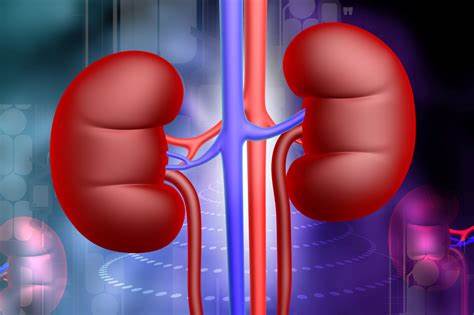
Ishal (Purgation) — Purgatives and laxatives have been widely used by the Unani physicians for intestinal evacuation in certain diseases. This method has antispasmodic, and detoxicating effects.
Riyazat (Exercise) — Physical exercise has great importance in the treatment of certain diseases, as well as in the maintenance of the health of an individual. It also prevents the occurrence of certain diseases.

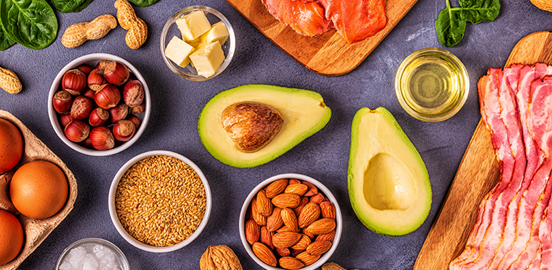
Diet Therapy — In this module alterations in the quality and quantity of the diet is suggested. Sometimes the patients are asked to restrict their intake of food. A balanced diet is suggested for malnourished patients. In case of weakness of certain organs, intake of the same organ (from animal source) is advised e.g. in the weakness of liver patients are advised to have liver from livestock. Sometimes, the patient is even asked to forego food altogether.
In pharmacotherapy drugs of natural origin are used. They may be of plant, animal, or mineral origin. Single drugs as well as compound formulations in the form of Safuf (Powder), Haboob (Pills) and Qurs (Tablets), Kushtajat (Oxides), Sharbat (Syrups) and Majun, Itrefal and Khamirajat (Semi solids) are used in the treatment of various complex and chronic disorders.
Surgery is the fourth line of treatment.
